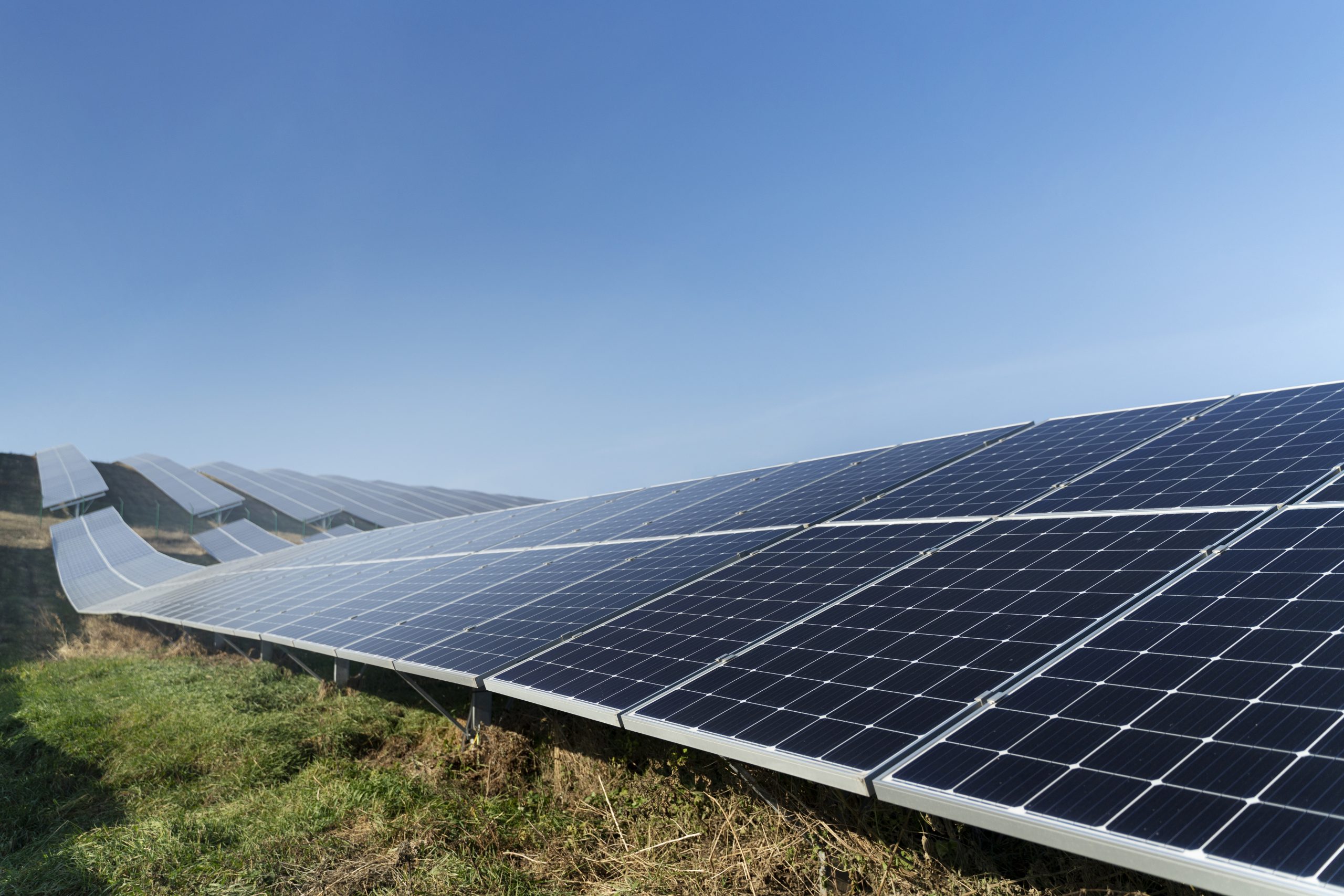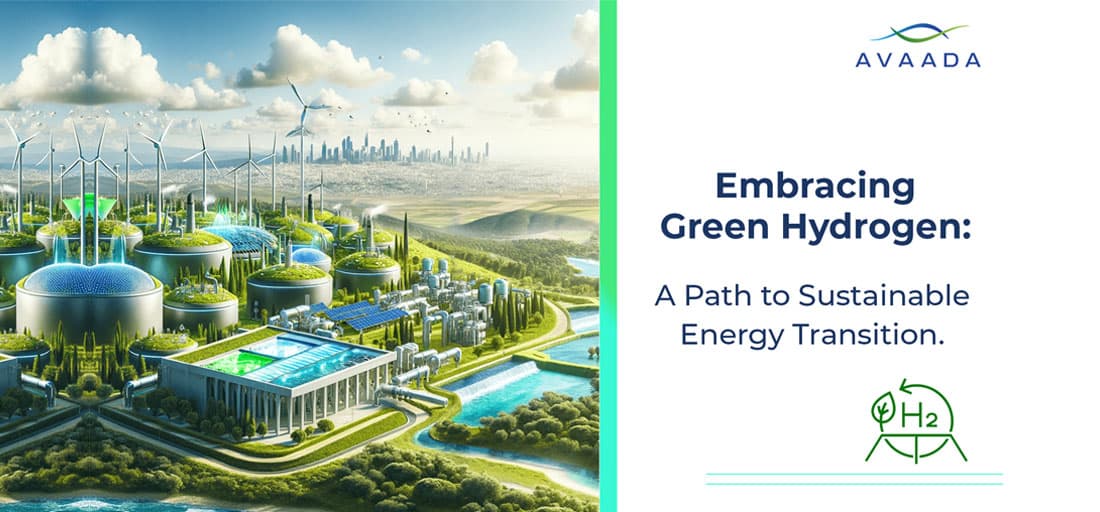Solar energy is known as a green energy source that does not negatively affect the environment. The Indian solar sector has witnessed remarkable growth in recent years. India had become one of the fastest-growing solar energy markets in the world, with ambitious targets of achieving 500 GW by 2030.
The Indian solar sector has indeed seen exceptional progress in recent years, with some compelling facts and figures:
- As of 2023, India had an installed solar capacity of over 64.28 GW, showcasing substantial growth (Source: Ministry of New and Renewable Energy, India).
- India’s National Solar Mission aims to achieve 100 GW of solar capacity by 2023, with further ambitions to reach 500 GW by 2030.
- According to IREA, Solar energy is becoming increasingly affordable, with the cost of solar photovoltaic (PV) panels falling by nearly 90% since 2010.
Despite these remarkable advancements, misconceptions persist, underscoring the importance of dispelling myths and embracing solar power as a vital part of India’s sustainable energy future. In this blog, we aim to debunk some of these misconceptions and shed light on the reality of solar energy in India to understand the solar energy facts.

Common Misconceptions About Solar Energy-
Let’s focus on some solar energy, the myths, the facts!
There are many common misconceptions about solar energy that can make it difficult for people to fully understand the potential and capabilities of solar technology. Here are some examples:
Solar Energy Only Makes Energy In Sunny Climates:
In fact, the fact about solar panels is that it can generate electricity even on cloudy, overcast days and even in colder climates. Under these conditions, the panels may be less efficient, but they will still produce some power.
Solar Panels Are Expensive And Uneconomical:
Although the initial cost of installing solar panels can be high, the cost of solar technology has fallen in recent years, making it more competitive compared to traditional forms of energy production. Additionally, many countries offer financial incentives such as tax credits and rebates to offset the cost of installing solar panels.
Solar Energy Is Not A Realistic Option For Large-Scale Power Generation:
While solar energy has traditionally been used for small-scale applications such as powering homes and businesses, one of the most interesting facts about solar energy is that it is now increasingly being used to generate electricity on a large scale. Utility-scale solar power plants capable of producing hundreds of megawatts of electricity are being built in many parts of the world.
Debunking Solar Energy Myths:
Myth 1: Solar Energy is Unaffordable
One of the most common misconceptions about solar energy is that it is expensive and out of reach for the average household. However, the cost of solar panel manufacturing and related technology has fallen significantly in recent years. In fact, the Indian government has introduced various subsidies and incentives to make solar energy more accessible to homeowners, businesses, and industries.
Statistics show that the cost of solar energy in India has come down by more than 80% in the last decade. The Indian government initiatives such as the Pradhan Mantri Kisan Urja Suraksha evam Utthaan Mahabhiyan (PM-KUSUM) program have enabled farmers to install solar panels on their farmlands, reducing energy costs and providing an additional source of income. ((Source: Ministry of New and Renewable Energy, India).
These facts underscore how solar energy has become increasingly affordable and accessible in India, dispelling the misconception of it being an expensive energy source.
Also Read: Exploring Different Types of Solar Panels: Which One is Right for You?
Myth 2: Solar Energy is Unreliable
Some people think that because solar energy depends on sunshine and is therefore unpredictable, it is not a trustworthy source of energy. Solar power systems do depend on sunshine to generate electricity, but improvements in energy storage technology have greatly increased their dependability.
India has made significant strides towards implementing grid integration and energy storage solutions, enabling the storage and utilization of extra solar electricity during cloudy weather. This guarantees a consistent and dependable energy source, even on overcast or during night.
Myth 3: Solar Panels are Inefficient.
Another common misconception is that solar panels are inefficient and can only produce a small amount of electricity. However, the fact about solar module manufacturers is that they have steadily improved over the years, making them a viable and effective energy source.
Various types of photovoltaic (PV) solar modules are available in India, including monocrystalline, polycrystalline, and thin film modules.
The efficiency of these panels varies, but even standard polycrystalline panels can convert a significant amount of sunlight into electricity. Additionally, ongoing research and development efforts continue to improve the efficiency of solar panels.
- Over the past few decades, solar panel efficiency has increased significantly. Today’s high-quality panels can convert more than 20% of sunlight into electricity (Source: National Renewable Energy Laboratory).
- Various types of photovoltaic (PV) solar modules are available in India, including monocrystalline, polycrystalline, and thin film modules. The efficiency of these panels varies, but even standard polycrystalline panels can convert a significant amount of sunlight into electricity.
Monocrystalline panels typically have higher efficiency rates, around 22%, while polycrystalline panels achieve around 15-20% efficiency.
Myth 4: Solar Energy is Only for Residential Use
According to the latest information about solar energy, although solar energy has been welcomed by many homeowners, it has uses beyond homes. Commercial and industrial solar installations have grown significantly in India’s solar market. Solar energy has been embraced by businesses, factories, and even government organizations to lower their energy costs and environmental impact.

Another interesting fact about solar energy is that, according to statistics, solar installations in the commercial and industrial sectors have increased, significantly boosting India’s solar capacity. This highlights how solar energy is a flexible solution that can be used in many different economic areas.
Conclusion-
The Indian solar sector has come a long way in dispelling myths and misconceptions surrounding solar energy. With falling costs, improved efficiency, and government incentives, solar power has become an accessible, reliable, and environmentally friendly energy source. It plays a pivotal role in India’s quest for energy security, sustainability, and economic growth.
As the country continues to make strides towards its ambitious renewable energy targets, it is essential to separate fact from fiction and embrace the true potential of solar energy. Solar power is not a myth; it’s a reality that can power India’s future.
Frequently Asked Questions About Solar Energy Myths
1) Can solar panels work in all seasons?
Facts about solar panels indicate that they can indeed operate in all seasons. Although their efficiency may fluctuate due to changing weather and reduced sunlight in winter, solar panels continue to generate electricity year-round, highlighting their versatility and reliability.
- In countries like Germany, which experience relatively low sunlight during the winter months, solar panels still contribute significantly to the energy grid. Germany had over 52 GW of solar PV capacity in 2020 (Source: Fraunhofer Institute).
- Solar panels often produce more energy in the summer months, but their overall annual energy generation remains substantial. For instance, a typical residential solar panel system in the United States can produce over 4,000 kWh annually (Source: U.S. Energy Information Administration).Snow on solar panels can temporarily reduce efficiency, but modern panel designs and maintenance practices help mitigate these issues, ensuring continued electricity generation throughout the year.
2) Can solar panels provide energy at night?
Facts about solar panels reveal that they cannot produce energy at night, as they depend on sunlight. However, using energy storage solutions like batteries, they can store surplus energy generated during the day for use at night, ensuring continuous power supply.
3) Do seasons affect solar panels?
When considering information about solar energy, it’s important to address the myths and facts. The reality is that solar panels are affected by seasons. They perform optimally during spring and summer with longer daylight hours, while their efficiency decreases in fall and winter due to shorter days and lower sun angles. Nevertheless, solar panels continue to produce energy throughout the year, dispelling the myth that they are only effective during certain seasons.








